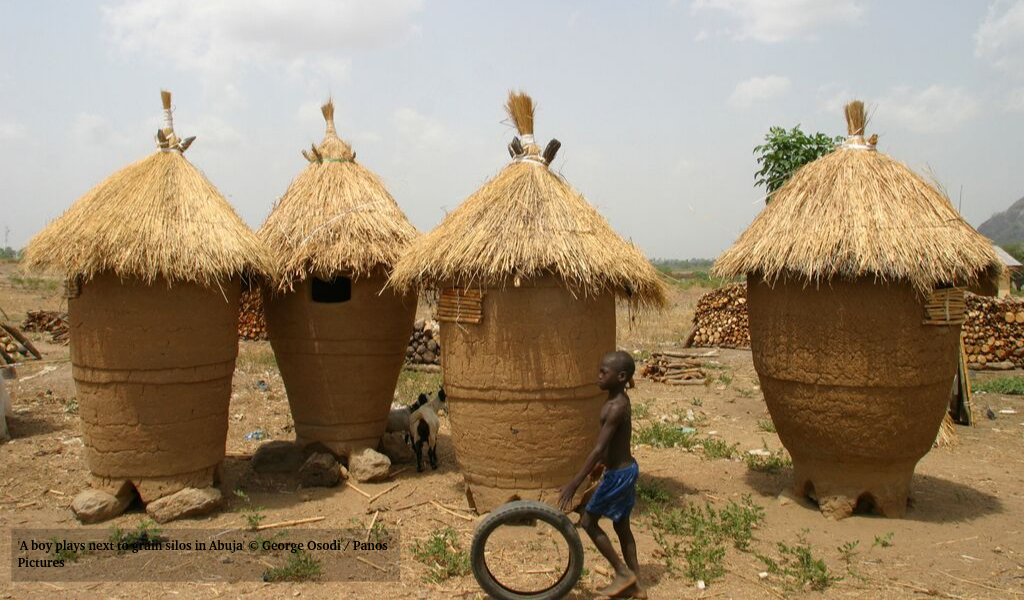With more than half of Africa’s workers employed in agriculture, the sector offers a valuable pathway out of poverty for the continent. Agriculture has long been central to IDS’ work, particularly on reducing inequalities, through evidence-based research, policy dialogue, networking and communications.

The contribution of market-based agriculture to improving incomes and reducing poverty and inequality is a key thematic focus for the five-year, DFID-funded Agricultural Policy Research in Africa (APRA) programme. The programme involves more than 20 multi-country studies that build on a decade of work by the Future Agricultures Consortium, coordinated by IDS. An overriding priority is research that helps inform and influence pro-poor growth through agriculture – ensuring that poor producers (often smallholder farmers), farm workers and consumers benefit from different forms of ‘inclusive commercialisation’.
Exploring impacts of rice expansion
New insights from APRA longitudinal research into the commercialisation of rice farming in Ethiopia have opened up new avenues to influence rice development in Africa.
APRA researchers looked at the Fogera Plain, where rice production and processing have expanded enormously since the crop was first introduced in the 1990s. Their investigation revealed positive and negative impacts on local livelihoods, disadvantaged people and rural economies. Benefits were seen in terms of improved diets, livelihood diversification into non-farm businesses, employment creation and increased household income. However, the income has not always led to an improvement in household wellbeing.
With the Ethiopian Institute of Agricultural Research (EIAR) and EthioRice, APRA co-convened the country’s first National Rice Research Conference in November 2018. APRA researchers presented findings from the Fogera study to delegates including government officials, regional research institutes, development partners, technology importers and commercial farmers.
That conference will become an annual event and, thanks to APRA’s involvement, is expected to be the springboard for a larger Regional Conference on Rice Sector Development in Africa in 2019–20.
Tracking medium-sized farms’ growth
Several countries in Africa are seeing a rise in numbers of medium-sized farms, which in places account for around half of nationally marketed agricultural produce. Signs are that medium-sized farms – many owned by African professionals, entrepreneurs or civil servants – are contributing to agricultural growth.
APRA researchers have been tracking the impacts of this growth on smallholder farmers. Their findings reveal clear gains for smallholders, with medium-sized farms enabling access to wider markets, services and increased mechanisation. But there are downsides too, including rising land prices and reduced access to land for young people.
As with rice production research, APRA aims to produce evidence to help policymakers minimise the hardships arising from commercialisation, while building on the gains offered by a shift to more market-oriented farming.
In September 2018, APRA researchers in the Nigerian capital Abuja met representatives from government and industry alongside Michigan State University (MSU)-APRA community leaders and medium-scale farmers, to call for better land policy and raise awareness of APRA’s work.
APRA’s MSU partners later shared insights at a USAID-sponsored conference in Washington DC, with presentations planned at the World Bank, African Development Bank and the 6th African Association of Agricultural Economists Conference in Abuja in late 2019.